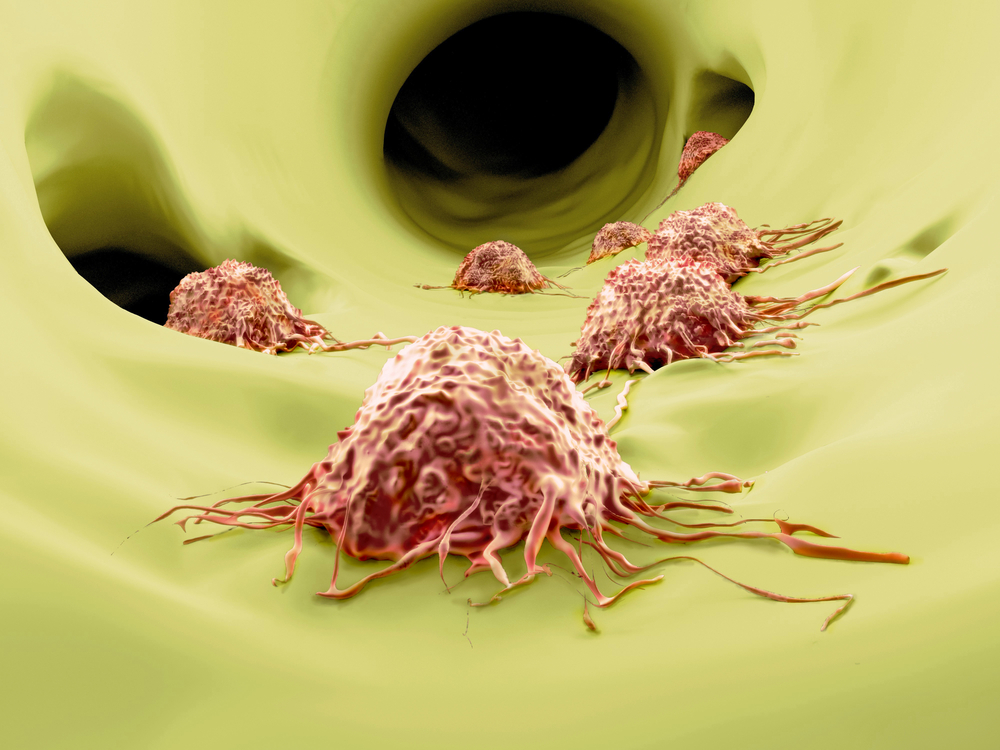Endometriosis is a very frequent disease affecting at least 10% of reproductive-age women and is caused when tissue similar to that of the inner lining of the uterus (called endometrium) begins to grow outside the uterus. Nevertheless, the causes of this process are still under intense debate and research.
Scientists know that the inflammation associated with the cyclic detachment of cells from the wrong site during menstruation is responsible for its symptoms, usually infertility, pelvic pain, painful menstruation and painful sexual intercourse. Moreover, it seems plausible that changes in the normal function of the immune system are at least partly to blame for the development of the disease.
In a recent study entitled “Exogenous activated NK cells enhance trafficking of endogenous NK cells to endometriotic lesions” and published in the BMC Immunology journal, the specific role of a type of white blood cell or leukocytes – the natural killer (NK) cells – has been further investigated.
NK cells are a key component of the part of the innate immune system that normally recognizes generic pathogen signals and are responsible for quick responses to virus-infected cells and tumor cells. As such, there is a great interest in their potential to treat malignancies. Additionally, endometriosis cells, as tumor cells, are able to migrate and metastasize (spread) to distant sites.
With this ins mind, researchers from the University of São Paulo, Brazil, looked into the ability of NK cells to infiltrate and treat endometriosis lesions. To that end, they induced the development of endometriosis in mice and activated NK cells, evaluating the infiltration of endometriotic lesions by these immune cells.
Dr. Mary Lourdes Montenegro and her team concluded that providing laboratory activated NK cells to endometriotic mice did increase the infiltration (and immune response against endometriosis). These results are very promising, as this approach could be used in the future in clinical studies in humans as a potential alternative treatment for endometriosis. These results need to be confirmed by other studies, especially to understand if infiltration by activated NK cells really corresponds to higher levels of pathogenic endometriotic cell death.
These new molecular treatments allow physicians to better control this difficult to diagnose and treat malignancy, as current ones have shown low efficacy levels.

